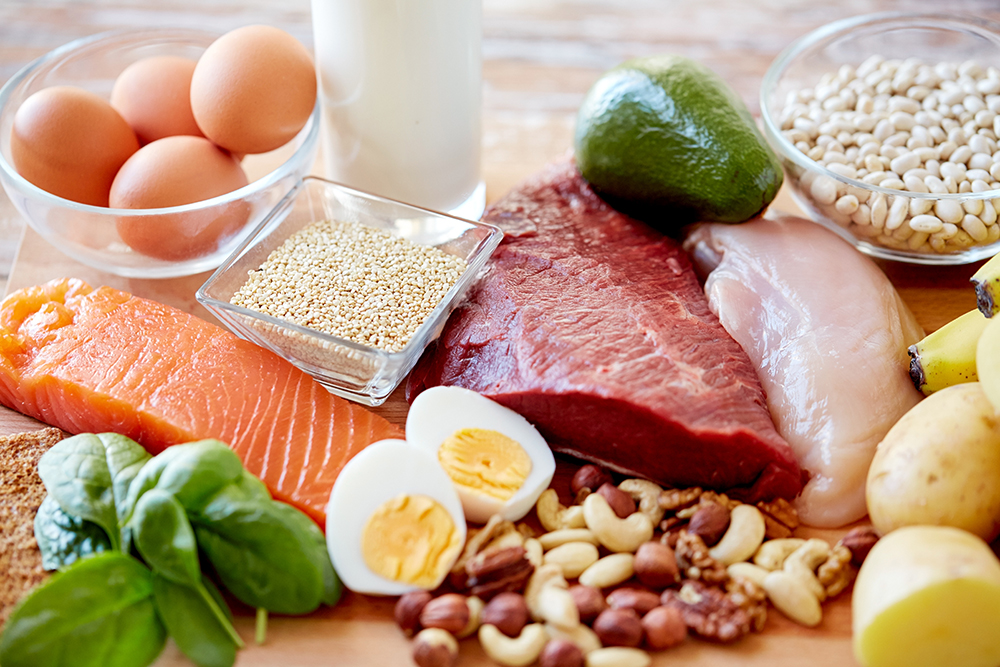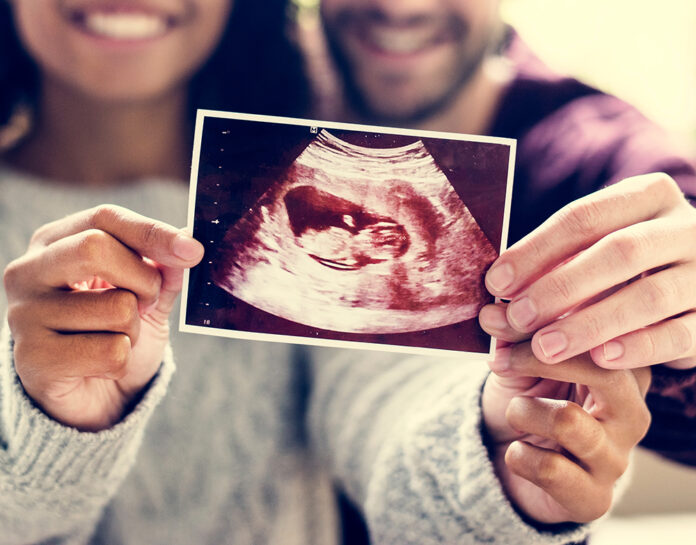This post is also available in: English
Do you know?
By the time your pregnancy test comes positive, all your baby’s vital organs would have already started forming!
If you wait to discover that you are pregnant and then start eating a healthy diet, you will lose precious time to ensure that your baby has access to the nutrients, they need to grow.
You must start eating a healthy diet as soon as you decide to conceive, to ensure that your baby has access to all the vital nutrients from the moment the sperm meets the egg and makes the first cell of your baby’s body.
You must certainly eat healthy if you are the expecting mom, but you must also eat healthy if you are the expecting dad. Because the sperm that meets the egg should be healthy too.
Keep reading to know what you can do to eat healthy as a couple.
What are the important nutrients that you require?

Ensure that you eat a balanced diet that has adequate quantities of complex carbohydrates,
proteins, good fats, vitamins, minerals, and fibre.
Ensure that you eat food rich in vitamin A, vitamin B complex, vitamin C, vitamin D, folic acid, iron, calcium and iodine
What are the changes you need to make to your diet when you plan your pregnancy?

- Start eating your meals on time.
- Focus on eating small frequent meals. This will mean eating smaller meals and beginning the practice of healthy snacking between meals.
- Stop eating packaged and processed food. Start eating meals cooked at home with fresh and healthy ingredients.
- Stop consuming alcohol and stop smoking.
- Avoid packaged drinks available in the market. Drink lots of water and other fresh beverages like coconut water, buttermilk etc.
- Stay away from street food, meat that may be undercooked and uncooked sprouts.
How to plan your meals when eating a pregnancy ready diet?

- Eat a few soaked almonds in the morning as soon as you wake up.
- Eat a traditional breakfast made at home like idli with peanut chutney or sattoo paratha with curd.
- Drink a glass of coconut water instead of coffee during the coffee break.
- Eat a rice or roti with a bowl of dal, a green leafy vegetable and curd for lunch.
- Bite into a seasonal fruit at teatime.
- Have an early dinner. Eat rice or roti with a bowl of dal and a seasonal vegetable.
- Drink half a glass of badam milk just before you go to bed.
- You can add a non veg dish to your meals if you are a non-vegetarian.
Healthy eating tips

- Eat a different dal on each day of the week.
- Eat different fruits every day.
- Ensure that your plate is full of the natural colour of various vegetables and not white and colourless.
- Start cooking with ghee and cold pressed oils and reduce your intake of refined oil.
While you focus on the food you eat, don’t forget to exercise in moderation and sleep well.
Focusing on good health early on will help you enjoy the parenting experience.
By
Dr. Debmita Dutta MBBS, MD
Dr. Debmita Dutta MBBS, MD is a doctor, a parenting consultant, and the founder of WPA whatparentsask.com She conducts online and offline workshops on parenting for schools and corporate organisations. She also conducts online and offline prenatal and infant care classes. She is a well-known thought-leader in parenting and an expert on play, learning and eating habits. She is the author of 7 books on parenting published by Juggernaut Books and her books are among their most read books. She is frequently quoted in national and international publications of repute for her empathetic and compassionate approach and her application of physiology and neuroscience to parenting.

This post is also available in: English










